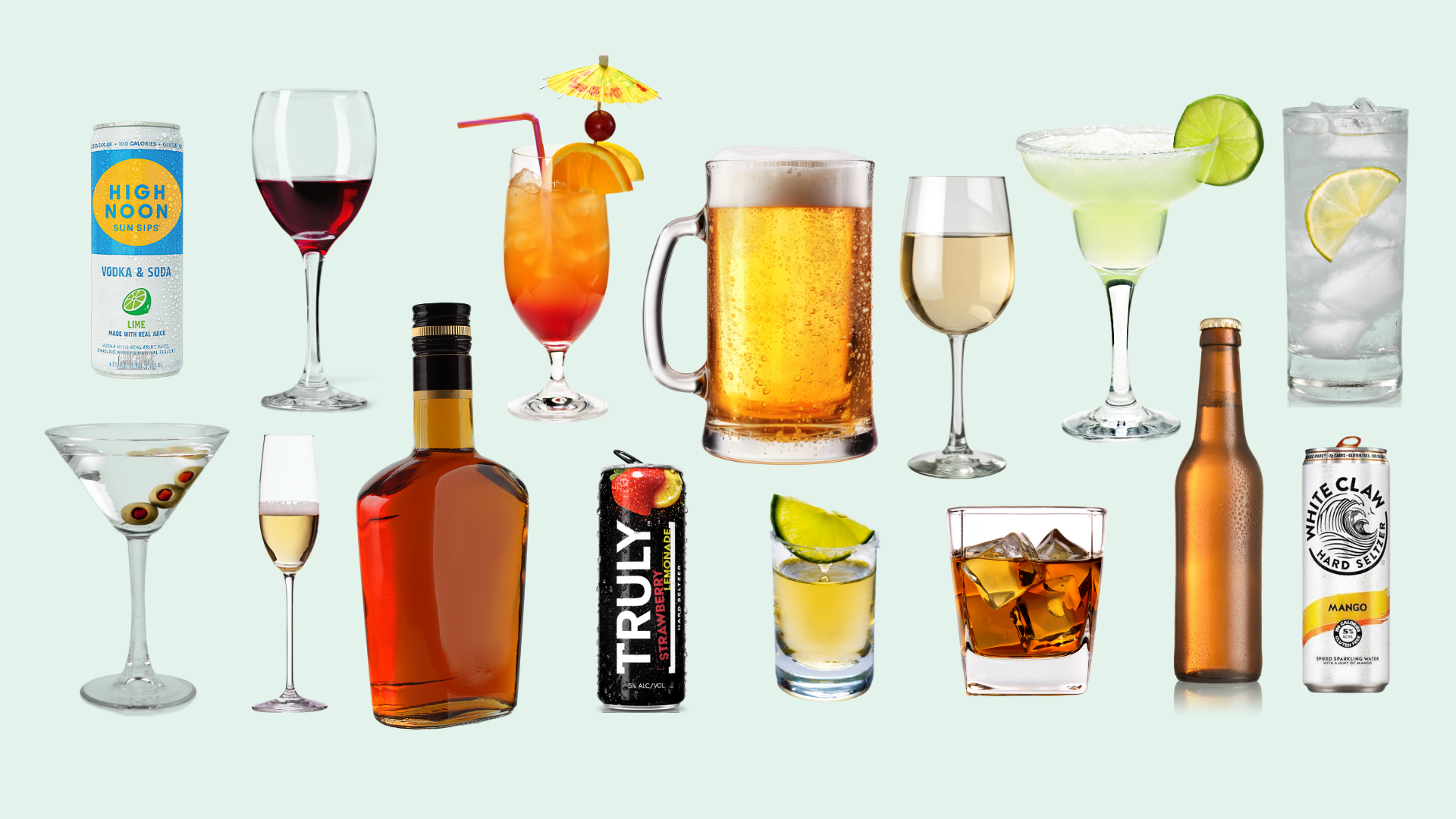What Are the Stages of Alcohol Addiction Treatment?
What Is Alcohol Addiction?
Alcohol addiction, or AUD, is a chronic condition characterized by the inability to control one’s alcohol consumption, despite the negative consequences it may have on an individual’s physical, mental, and social well-being. This disorder is not simply a matter of willpower; it involves complex neurobiological and psychological factors that can make it challenging for those affected to break the cycle of addiction.
At the core of AUD is a fundamental imbalance in the brain’s reward and stress systems, which can lead to a persistent craving for alcohol and a diminished ability to resist the urge to drink. Over time, excessive alcohol consumption can alter the brain’s chemistry, making it increasingly difficult for individuals to function without the presence of alcohol.
The Stages of Alcohol Addiction Treatment
The journey to recovery from alcohol addiction is a multi-faceted process that typically involves several stages. Understanding these stages can help individuals and their loved ones navigate the treatment process more effectively.
-
Assessment and diagnosis
-
Detoxification and withdrawal management
-
Rehabilitation and therapy
Once the individual has completed the detoxification process, the next stage of alcohol addiction treatment typically involves a comprehensive rehabilitation program. This may include a combination of evidence-based therapies, such as:
- Cognitive behavioral therapy (CBT): CBT helps individuals identify and modify the thought patterns and behaviors that contribute to their alcohol use, developing healthier coping mechanisms and relapse prevention strategies.
- Motivational interviewing: This approach focuses on enhancing the individual’s intrinsic motivation to change, exploring their ambivalence about recovery, and helping them develop a strong commitment to sobriety.
- Group therapy: Participation in group therapy sessions allows individuals to connect with others who are facing similar challenges, providing a supportive environment for sharing experiences, coping strategies, and encouragement.
- Family therapy: Involving the individual’s family members in the treatment process can help address interpersonal dynamics, improve communication, and foster a supportive network for long-term recovery.
The duration and intensity of the rehabilitation phase can vary depending on the individual’s needs and the treatment program, but it typically lasts for several weeks or months.
Aftercare and Relapse Prevention
The final stage of alcohol addiction treatment focuses on aftercare and relapse prevention. This phase is designed to help individuals maintain their sobriety and prevent the recurrence of alcohol use. Aftercare may include:
- Ongoing counseling or therapy
- Participation in support groups
- Lifestyle changes
- Relapse prevention strategies
Joining a support group, such as Alcoholics Anonymous (AA) or SMART Recovery, can provide a sense of community, accountability, and ongoing support for maintaining sobriety.
What to Expect During Alcohol Addiction Treatment
Seeking treatment for alcohol addiction can be a daunting prospect, but understanding what to expect can help alleviate any apprehension and prepare individuals for the journey ahead.
The detoxification process can be physically and emotionally challenging as the body and brain adjust to functioning without the presence of alcohol. Individuals may experience a range of withdrawal symptoms, including
- Tremors
- Sweating
- Nausea and vomiting
- Anxiety
- Insomnia
- Seizures (in severe cases)
Healthcare professionals will closely monitor the individual’s progress and provide medication, if necessary, to manage these withdrawal symptoms and ensure a safe and comfortable detox experience.
Therapies in Treatment
During the rehabilitation phase, individuals will participate in various evidence-based therapies, both individual and group-based. These sessions may involve:
- Exploring the underlying causes and triggers of their alcohol use
- Developing coping strategies and relapse prevention skills
- Improving communication and interpersonal skills
- Addressing any co-occurring mental health conditions
- Engaging in activities and therapies that promote overall well-being, such as art, music, or outdoor recreation
The rehabilitation process is designed to be comprehensive, addressing the physical, psychological, and social aspects of alcohol addiction.
For alcohol treatment, medication-assisted treatment (MAT) is also a part of the process.
Relapse Prevention
As individuals transition from the intensive rehabilitation phase to the aftercare stage, they will learn to apply the skills and strategies they’ve developed to maintain their sobriety in the long term. This may involve:
- Regularly attending support group meetings
- Participating in ongoing individual or group therapy sessions
- Implementing lifestyle changes, such as a healthy routine, sober social activities, and stress management techniques
- Identifying and addressing any triggers or high-risk situations that may lead to a relapse
- Seeking support from family, friends, and the broader recovery community
Relapse prevention is a crucial aspect of the aftercare stage, as it equips individuals with the tools and resources they need to navigate the challenges of long-term recovery.
Life After Treatment: How to Maintain Recovery
Achieving sobriety is a significant accomplishment, but the journey does not end with completing a treatment program. Maintaining recovery requires a lifelong commitment and the implementation of strategies to prevent relapse and sustain a fulfilling, alcohol-free lifestyle.
- Building a sober support network
- Developing healthy habits and routines
- Continuous learning and growth
- Celebrating milestones and achievements
Long-term sobriety takes growth and work, but it is well worth it. Going through a medical detox, followed by treatment and aftercare, can increase your chances of finding a fulfilling life without the use of substances.

